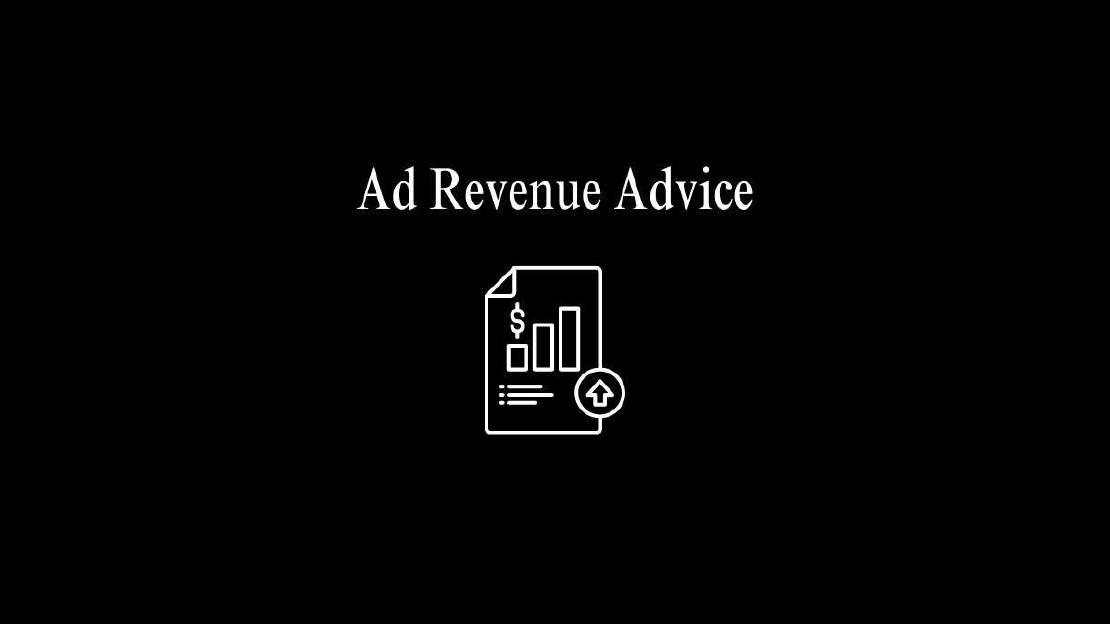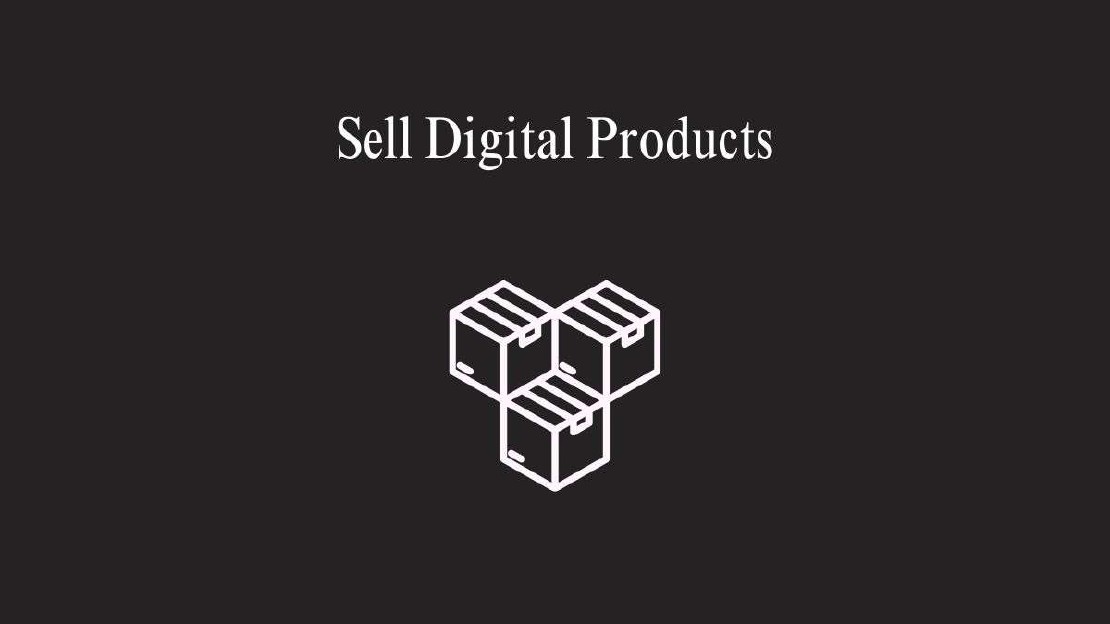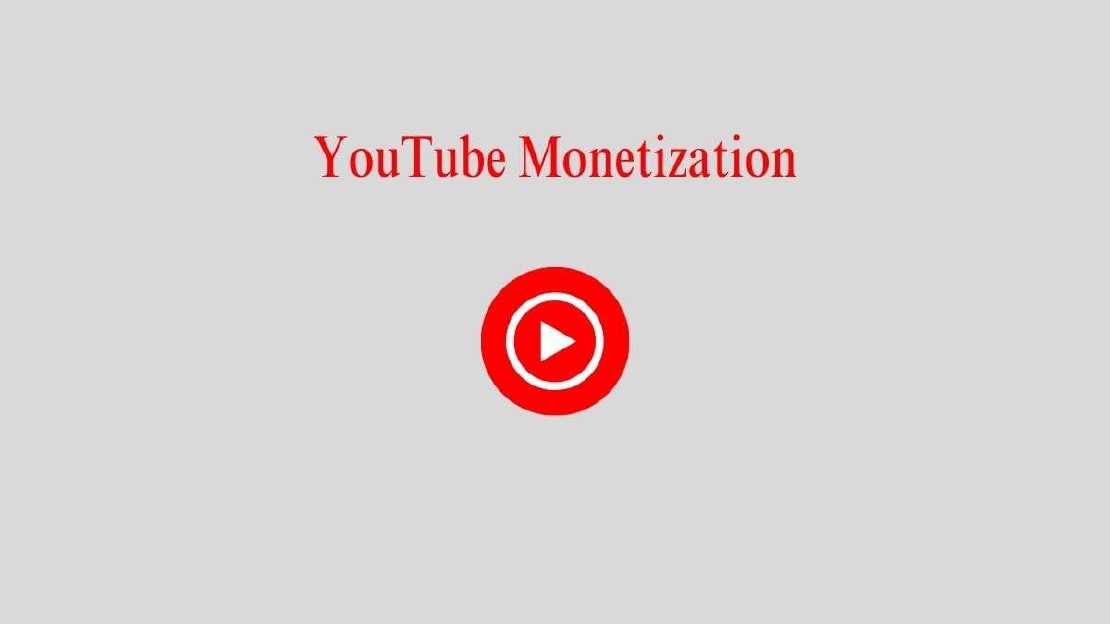10 Steps to Monetize a Website
Website monetization is a crucial step for anyone looking to turn their online presence into a source of income. For many content creators, it often begins as a passion project—sharing personal stories, tips, or insights simply for the love of writing.
Over time, as traffic and engagement grow, so does the realization that the site has real potential to generate revenue. This was the case for one blogger who started with lifestyle and wellness content, then gradually introduced affiliate links, sponsored posts, and exclusive paid content.
What once seemed like a distant dream became a steady income stream. With the right strategies, any website can evolve from a hobby into a thriving online business. This guide will walk you though how to monetize a website step by step.
Website monetization is an essential strategy for anyone looking to turn their digital presence into a profitable venture. When I first started my blog, monetizing it felt like a far-off goal. I was focused on creating original content that I genuinely loved writing about, from personal stories to tips on lifestyle and wellness. Over time, I noticed my audience growing, and it became clear that people were connecting with my words. That’s when I realized I could start turning this passion into profit. I began adding affiliate links to my posts, collaborating with brands for sponsored content, and offering exclusive content through a paid membership. Little by little, I figured out how to monetize a website, and what once felt like a distant dream began to turn into a sustainable income stream. With the internet being a vast marketplace, there are multiple avenues to .
How to Monetize a Website
Building a website can be approached through various methods, each with its own set of advantages and requirements. However, if want to make money online through your site, you must plan, plot and strategize. Hence, market research is the first step. Carefully investigate the strategies that your competitors are using. This should give you an idea of what and what not to include.
Once you’ve gathered insights from your competitors, focus on identifying your unique value proposition and the specific needs of your target audience. Determine where there are gaps in the market that you can fill with innovative features or content that stands out. By combining thorough research with creative planning, you can craft a website that not only attracts visitors but also converts them into loyal customers. Remember, successful monetization is a continuous process of refining your approach based on feedback and evolving market trends.
1. Ad Revenue Strategies
One of the most common ways to monetize a website is through advertising. There are several ad revenue strategies that can be used, including display ads, pay-per-click (PPC) ads, and sponsored content. Display ads are banner ads placed in various sections of a website, often managed through platforms like Google AdSense. These ads generate revenue based on impressions or clicks.
PPC ads, on the other hand, generate revenue each time a visitor clicks on the ad. Google AdSense is again a popular choice for PPC, but there are other networks such as Media.net and PropellerAds that can be considered. Sponsored content involves partnerships with brands to create content that promotes their products or services, often yielding higher payouts than traditional ads.
2. Affiliate Marketing
For years, affiliate marketing has been an effective method for website monetization. It involves promoting products or services from other companies and earning a commission for each sale made through your referral link. Websites can join affiliate programs from companies like Amazon Associates, ShareASale, or Commission Junction, to name a few.
Creating content that naturally incorporates affiliate links is crucial for success in the affiliate marketing industry. This can be done through product reviews, tutorials, or comparison articles. By providing valuable information and recommendations, websites can build trust with their audience, increasing the likelihood of conversions.
3. Selling Digital Products
Selling digital products directly on a website can be highly profitable. Digital products such as eBooks, online courses, software, or templates have low production costs and can be sold repeatedly. Websites like Udemy and Teachable allow users to create and sell courses, while platforms like Gumroad and Sellfy facilitate the sale of eBooks and other digital downloads.
To successfully sell digital products, it’s important to understand the target audience and create products that meet their needs. Effective marketing strategies, such as email marketing and social media promotion, can help drive traffic to the sales pages.
4. Offering Premium Content
Offering premium content is a strategy where website owners provide exclusive access to valuable content for a fee. This can include membership sites, subscription services, or paywalled articles. Platforms like Patreon and Substack have made it easier for content creators to monetize their work through memberships and subscriptions.
For this approach to be successful, the premium content must be of high quality and offer something that is not readily available for free elsewhere. This could be in-depth guides, industry insights, or exclusive interviews. By consistently delivering valuable content, websites can build a loyal subscriber base.
5. E-commerce Integration
Integrating an e-commerce component into a website is another viable monetization strategy. This involves selling physical products directly to consumers. Platforms like Shopify, WooCommerce, and BigCommerce provide tools to set up and manage an online store.
Successful e-commerce websites often focus on a specific niche and build a brand around it. Effective inventory management, customer service, and marketing are crucial to drive sales. Additionally, offering complementary products or upsells can increase the average order value, boosting overall revenue.
6. Sponsored Posts and Reviews
Sponsored posts and reviews are another way to monetize a website. Brands pay website owners to write articles or reviews about their products or services. This method works particularly well for websites with a significant following and high engagement rates.
It’s important to maintain transparency and authenticity when creating sponsored content. Disclosing the sponsorship and providing honest opinions can help maintain trust with the audience. Over time, successful collaborations can lead to long-term partnerships with brands, providing a steady stream of income.
7. Donations and Crowdfunding
While not as common as other methods, accepting donations and crowdfunding can be an effective way to monetize a website, especially for non-profit organizations or creators with a dedicated following. Platforms like PayPal, Ko-fi, and GoFundMe allow website owners to collect donations directly from their audience.
Crowdfunding campaigns can also be used to fund specific projects or initiatives. By clearly communicating the goals and benefits of the project, website owners can encourage their audience to contribute financially.
8. Selling Physical Products
In addition to digital products, websites can also monetize by selling physical products. This could be branded merchandise, handcrafted items, or other tangible goods. Print-on-demand services like Printful and Printify allow website owners to sell custom merchandise without the need for inventory.
Creating an online store and integrating it with the website is essential for this approach. Effective product descriptions, high-quality images, and a seamless checkout process can enhance the shopping experience and increase sales.
9. Freelance Services and Consulting
For websites that showcase expertise in a particular field, offering freelance services or consulting can be a lucrative monetization strategy. This could include writing, graphic design, web development, marketing, or business consulting.
Promoting these services on the website and providing clear information about the offerings can attract potential clients. Building a portfolio of past work and testimonials can also help establish credibility and attract more business. If you are new to freelancing or need to brush up on your skills you can find several tips for freelancers on the web.
10. Email Marketing
Email marketing is a powerful tool for website monetization. By building an email list, website owners can directly reach their audience with targeted offers and promotions. Tools like Mailchimp, ConvertKit, and AWeber provide solutions for managing email campaigns.
Creating valuable content and offering incentives, such as free eBooks or discounts, can encourage visitors to subscribe to the email list. Regularly sending out newsletters with exclusive offers or content can drive traffic to the website and increase conversions.
Sum
Monetizing a website involves exploring various strategies and finding the ones that best suit the target audience and content type. Advertising, affiliate marketing, selling digital and physical products, offering premium content, integrating e-commerce, sponsored posts, donations, and email marketing are all viable options. By diversifying income streams and consistently delivering value to the audience, website owners can build a sustainable and profitable online business.
Recent Posts

- Monetizing
Powerful Ad Revenue Strategies
Increasing revenue is a crucial component for many businesses, especially those operating online. With the right monetization strategy, it is possible to …

- Monetizing
How to Sell Digital Products Online
Selling downloadable products has become one of the most lucrative online business models. E-learning, a lucrative online business model, has gained popularity …

- Monetizing
Earn Money on YouTube
Creating content for YouTube is an exciting venture, but turning your passion into profit can be a game-changer. If you’re ready to dive into the world of …
